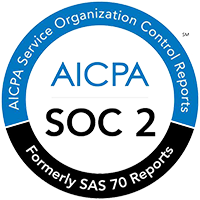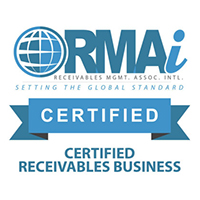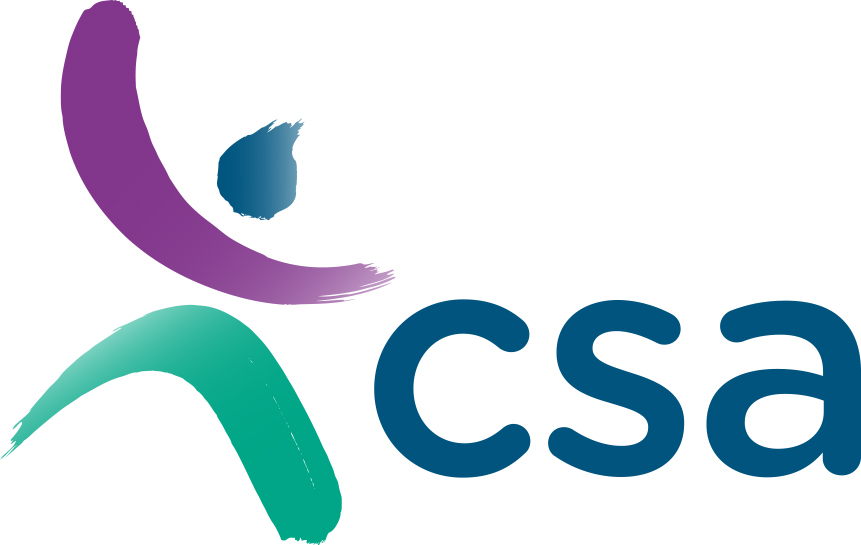The Debt Collection Process UK

When it comes to debt collection, most lenders and collections companies will follow similar processes. This is to ensure that the borrower is treated fairly, and that a suitable outcome can be achieved. It’s important to note that lenders should inform customers of the arrears process before a loan is taken out, so that if they are unable to make repayments, they’ll already be aware of the next steps.
While the collection process for priority and non-priority debts works in much the same fashion, there may be a few key differences. With a non-priority debt, it’s likely that the borrower took out a lump sum loan, and is due to make payments in instalments. Any arrears would therefore be added on to these payments. But with priority debts, such as Council Tax arrears, the overdue payments will need to be made on top of the ongoing bills.
The debt collection process won’t affect everyone – most people can comfortably afford to make the due repayments on a loan or other form of credit, even if faced with a short term financial issue. But longer term financial difficulties may cause a debt to fall heavily into arrears. To help you better understand the debt collection process, we’ve outlined this in more detail below.
What is a Priority Debt?
A priority debt is exactly what it sounds like – something that needs to be treated as a priority. They can cause you serious financial problems if you don’t address them. Priority debts include things like rent and mortgage arrears, Council Tax arrears, court fines, gas and electricity arrears, as well as unpaid National Insurance, VAT, or income tax.
If someone is struggling to pay their priority debts, it’s often recommended that they get in touch with a third party for help and support. For instance, the Citizens Advice Bureau can offer free and impartial advice for anyone having financial difficulties.
The Debt Collection Process
In terms of the debt collection process, when an individual has overdue debts either the lender or a debt collection agency will try to work with them to find a solution. Or in some cases, the borrower will be working with a debt purchase company who will have bought the debt from the original creditor.
Regardless of who the borrower is dealing with, the process tends to work in the same way. The lender or third party will get in touch with the borrower to set up an affordable repayment arrangement, discussing their current financial situation to determine a suitable amount to repay.
Debt Collection Process Example
Unless you get in touch with them beforehand, the first step with debt collection is that you’ll be contacted by the lender, debt collector, or debt purchaser. This will usually be in writing – they will introduce themselves and let you know what the next steps are. The aim of this initial contact is to set you up on a comfortable payment plan, so that you can start decreasing your outstanding balance. After a written letter, you will probably be contacted by phone and email too.
The key thing to remember is that you can’t simply ignore the communications. While it may be tempting to bury your head in the sand, this will often mean that the outstanding balance will keep getting higher. Most debt collection companies and lenders will freeze the interest if you inform them of any financial difficulties.
And if you do find it challenging to talk to lenders and other debt collectors, there are a number of free and independent companies you can speak with, who can act on your behalf. For example, Step Change and PayPlan can discuss your debt options with you, such as a debt management plan, as well as insolvency and bankruptcy solutions. They can also contact your creditors for you to set up these arrangements.
What if the Debt Doesn’t Belong to You?
If you’re being contacted by a lender or other debt collection company, but have no knowledge of the outstanding debt, it’s important not to panic. You can explain this to the advisor you speak with, and they can then investigate this further.
And if it does turn out that you have been a victim of fraud, and someone has taken out credit in your name, it’s a good idea to report it. You can contact Action Fraud on 0300 123 2040, or report the incident via their website. You’ll be provided with a crime reference number, which you can pass on to the debt company. Once their records have been updated, the business should then stop contacting you.
The Debt Purchase Process
Sometimes a lender will feel that they are not fully qualified, or are wasting their resources in chasing debt. In such cases, they may decide to sell the debt to a third party. Although the lender won’t get back the total due amount, not having their team constantly chasing the loan can mean they still save money. And for the debt purchaser, as they will be buying the portfolio at a fraction of its outstanding value, as long as they collect a small portion of the debt, they should be making a profit.
When a debt is sold, a letter will normally go out to the borrower, advising them that another company is now responsible for the account. This letter is often referred to as a Notice of Assignment. The debt purchaser will take on the same role as the original lender, though may choose to pursue other avenues when it comes to collection, such as taking the debt to court.
In terms of the responsibilities of the debt purchaser, they will need to provide the borrower with any requested information about their account and help them come to an affordable arrangement. The company will also be responsible for reporting the status of the account to one or more of the UK’s credit reference agencies so that the borrower’s credit file remains up to date.
Where to Buy Debt UK
If you’re looking to purchase debt portfolios, which can be a great investment opportunity, one of the simplest ways to go about this is through a broker service. Finding debt portfolios that you’re confident that you’ll be able to make a return on will often be challenging, with hours spent searching for the best option. But with a broker like EverChain UK, you can weigh up a huge number of portfolios, all in the same place!
With EverChain UK, you can also use our advanced filtering tools to find portfolios that meet your criteria, as well as set alerts which will notify you when similar portfolios are uploaded to the network. You can easily compare options, and come to us with any queries should you need some advice.
Related Posts
As a debt seller or buyer, you’ll undoubtedly know of the benefits that come with [...]
Looking to join a debt buyer network? Here at EverChain UK, our certified buyer [...]




